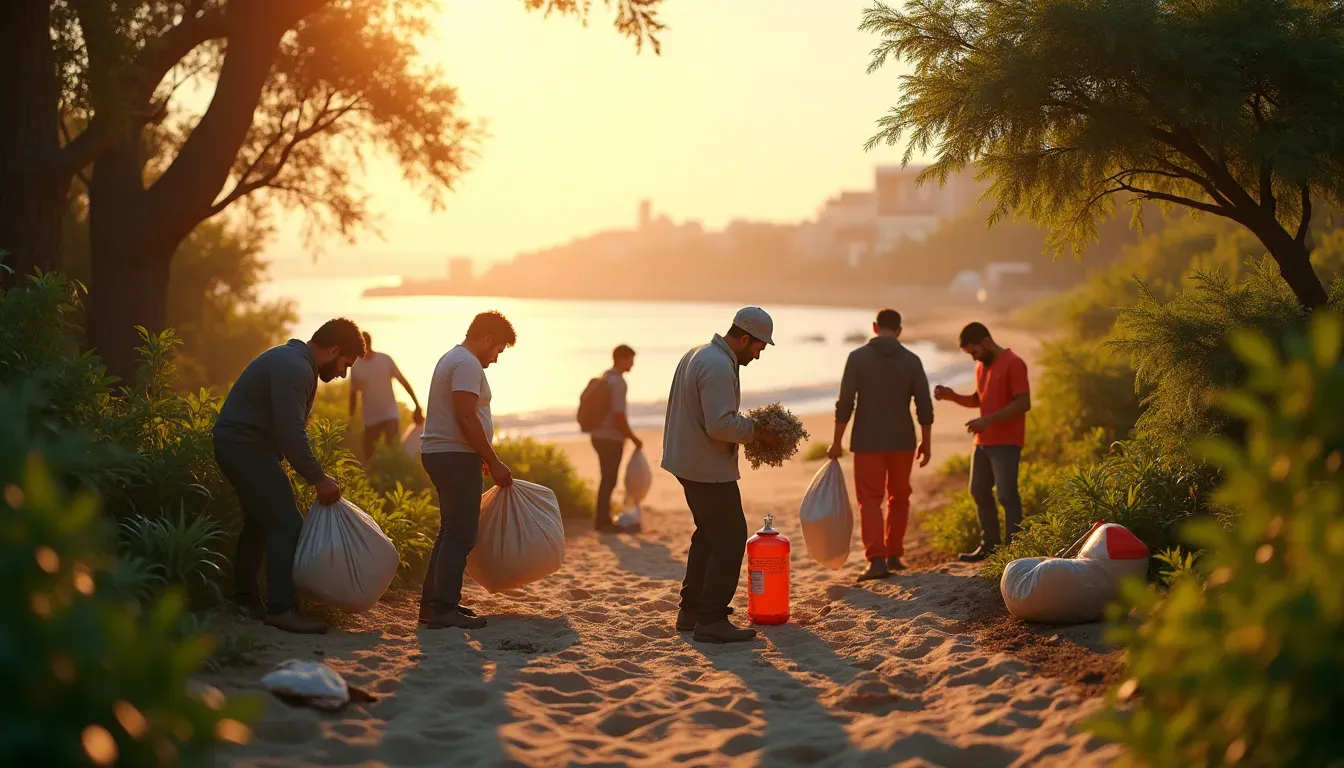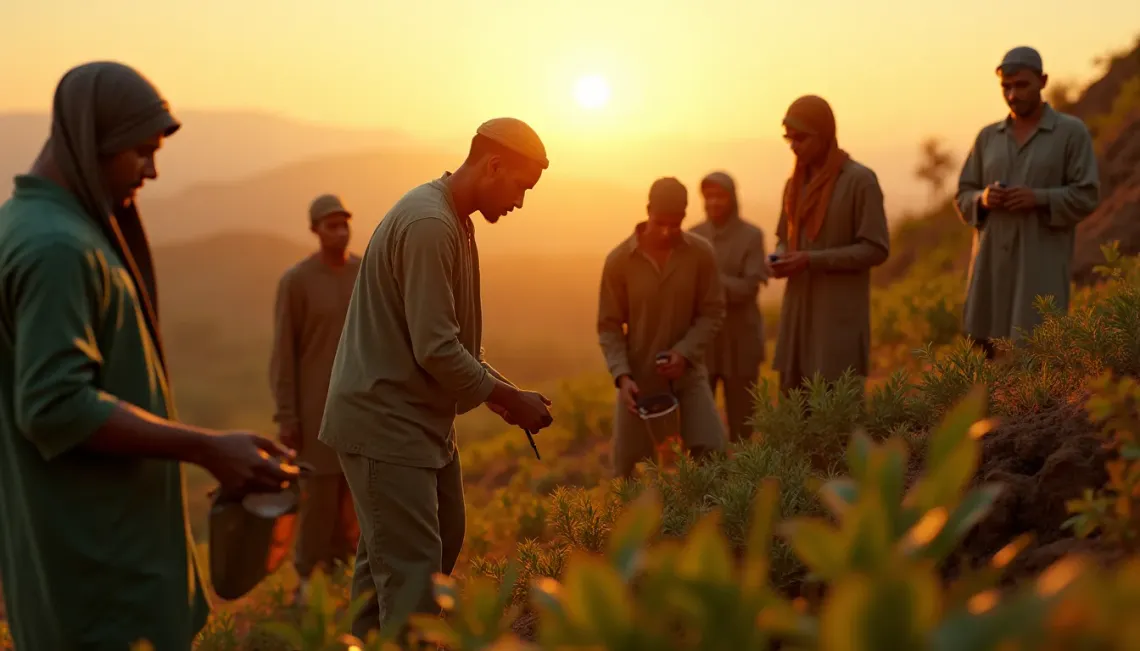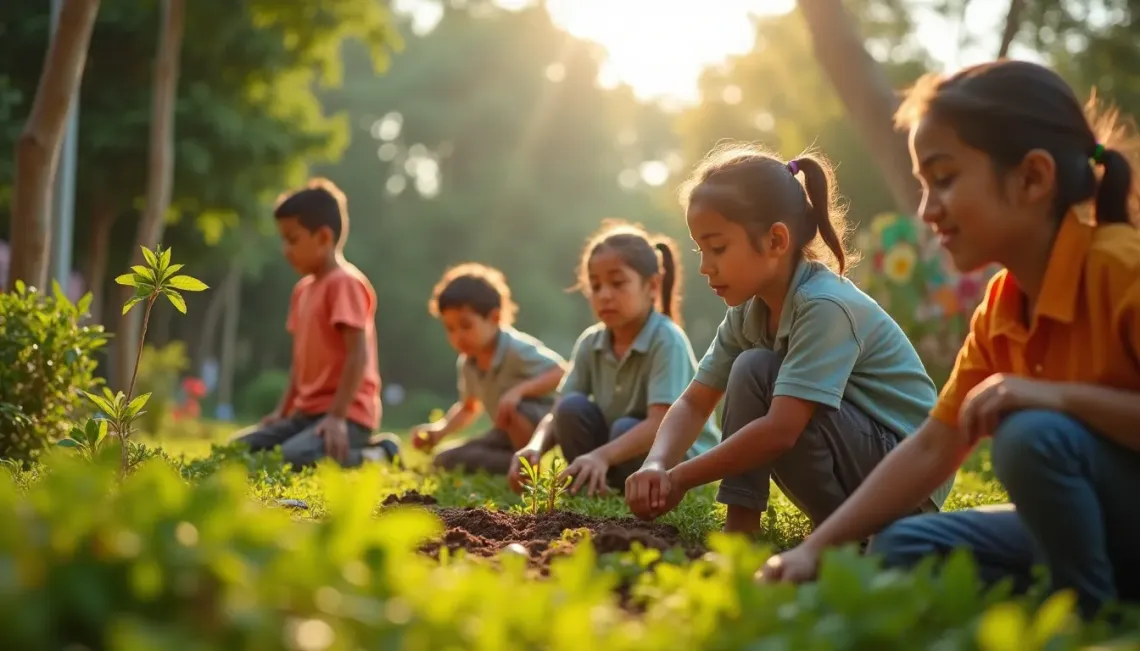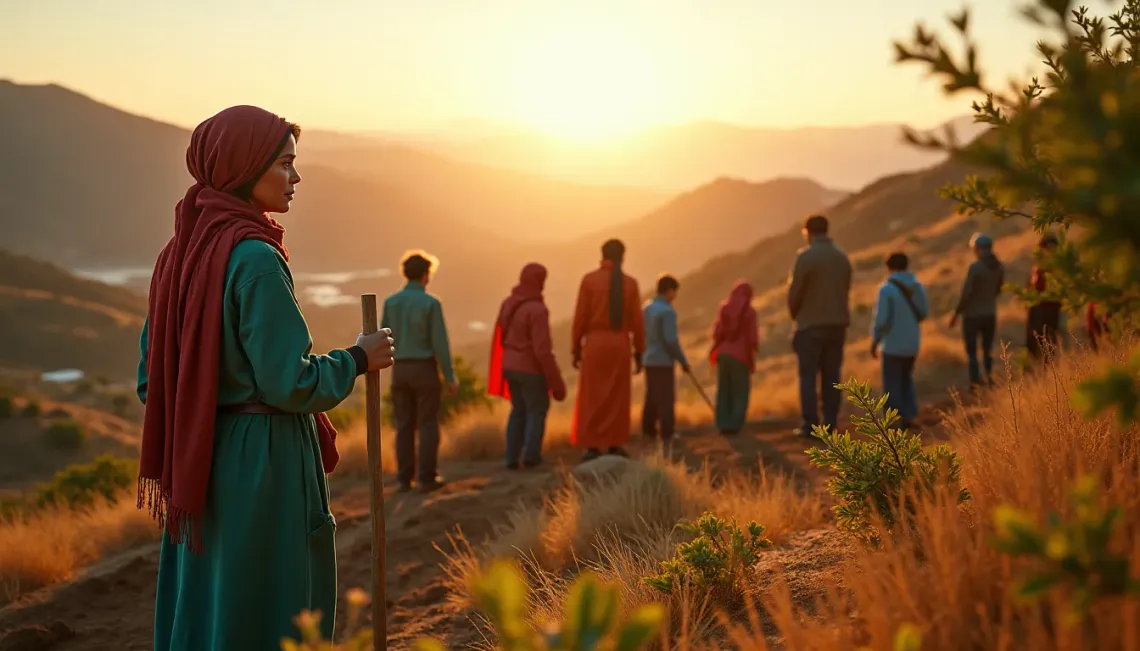In recent years, Morocco has become a beacon of environmental conservation through the collaborative efforts between charity organizations and ecological initiatives. This North African country is setting a precedent in how grassroots involvement can lead to a cleaner Morocco. These collaborative efforts are shaping a sustainable future while uplifting communities across the nation.
Charity and Ecology: A Harmonious Partnership
Charity and ecology form a symbiotic relationship where each complements the other’s goals. Charity organizations in Morocco have increasingly focused on ecological initiatives, recognizing that environmental conservation is crucial for sustainable development. By supporting projects aimed at reducing pollution, planting trees, and promoting renewable energy, these organizations are fulfilling their philanthropic mission while contributing to a cleaner Morocco.
Key Projects and Initiatives
- Tree Planting Campaigns: Many charities are leading extensive tree planting campaigns. These efforts not only combat desertification but also improve air quality and provide habitats for wildlife.
- Waste Management Programs: Innovative waste reduction and recycling initiatives are being implemented to tackle waste management issues, a critical step towards a cleaner Morocco.
- Educational Outreach: Education is at the heart of these efforts, with many organizations administering workshops to raise awareness about the importance of ecology and sustainability.
Promoting Environmental Conservation Through Collaboration
The beauty of Morocco’s strategy lies in its collaborative efforts. NGOs, government bodies, and local communities are uniting to foster a shared commitment to environmental conservation. By pooling resources and knowledge, these collaborative efforts have significantly amplified the impact of individual projects.
Community Engagement and Empowerment
An essential component of creating a cleaner Morocco is community involvement. Environmental charity projects often focus on engaging local communities, empowering them to take ownership of their environment. This empowerment not only ensures the sustainability of projects but also strengthens community bonds and resilience.
In addition, women’s groups and youth associations are being actively involved, recognizing their pivotal role in societal change. By educating and training these groups, charities are fostering a generation of environmental stewards dedicated to making Morocco cleaner and more sustainable.
Innovations Driving Collaborative Efforts
The use of technology and innovative solutions is boosting the effectiveness of these collaborative efforts. For instance, charities are employing mobile apps to monitor pollution levels and manage waste efficiently. Moreover, social media platforms are being used to raise awareness and mobilize volunteers and resources efficiently.
Impact of Policy and Support
Government policies play a supportive role in fostering charity and ecology collaborations. Policy frameworks that encourage renewable energy use and provide incentives for sustainable practices are essential for these collaborative efforts to thrive.
Moreover, international partnerships and funding from global environmental bodies have propelled several projects, ensuring a well-rounded approach to achieving a cleaner Morocco.
Conclusion: A Shared Vision for a Cleaner Morocco
The collaborative efforts between charity organizations and ecological initiatives highlight a proactive approach to environmental conservation in Morocco. This alliance not only paves the way for a cleaner Morocco but also serves as a model for other nations aiming to embed sustainability into their development goals. By supporting and expanding these efforts, Morocco is not only preserving its rich biodiversity but also securing a brighter and more sustainable future for its people.




